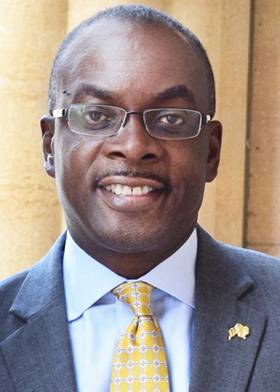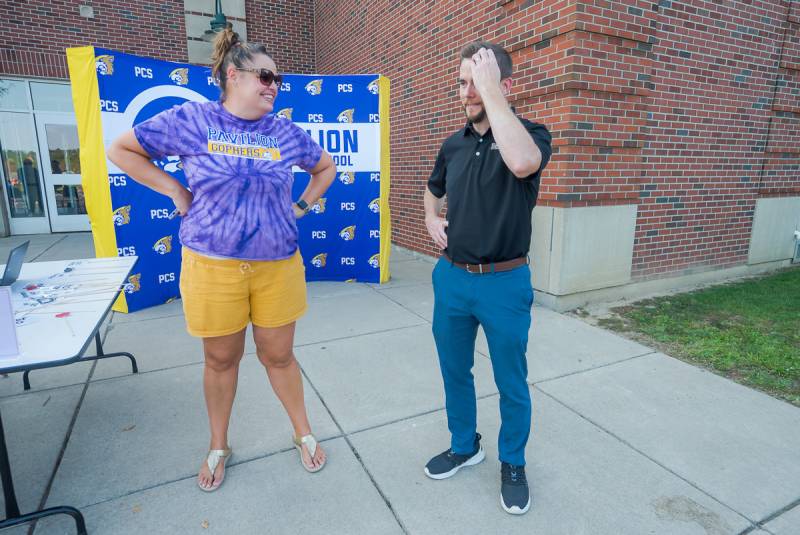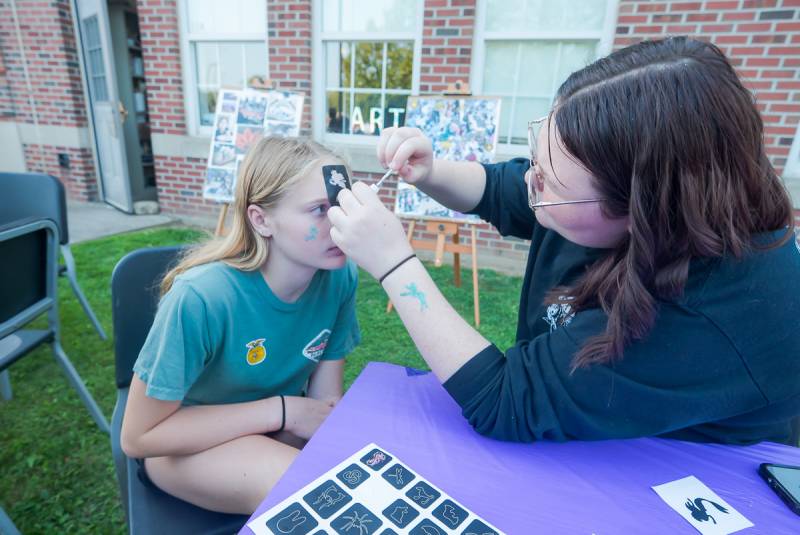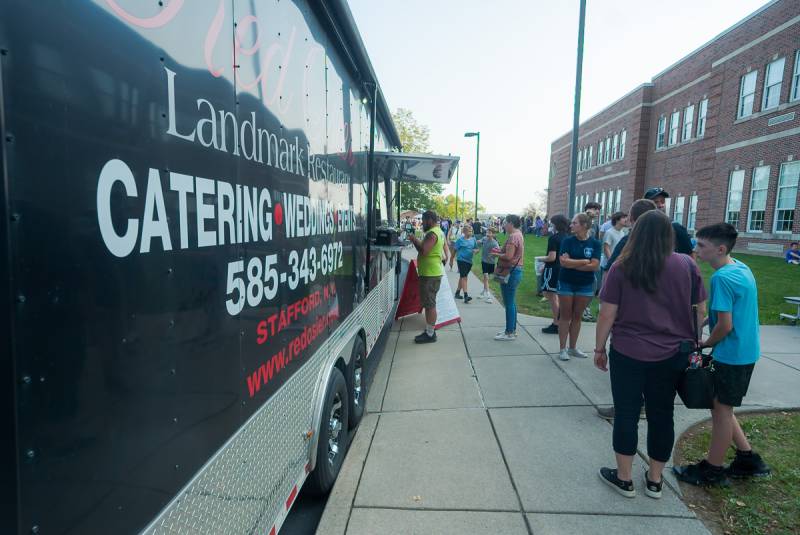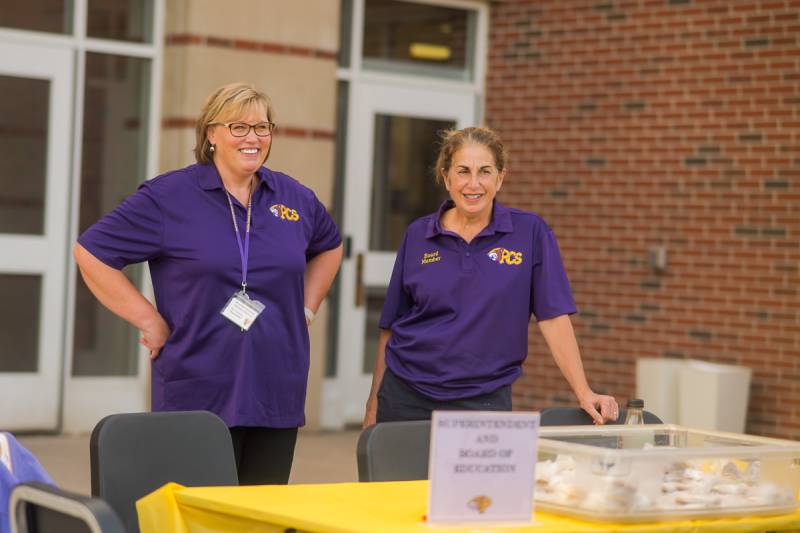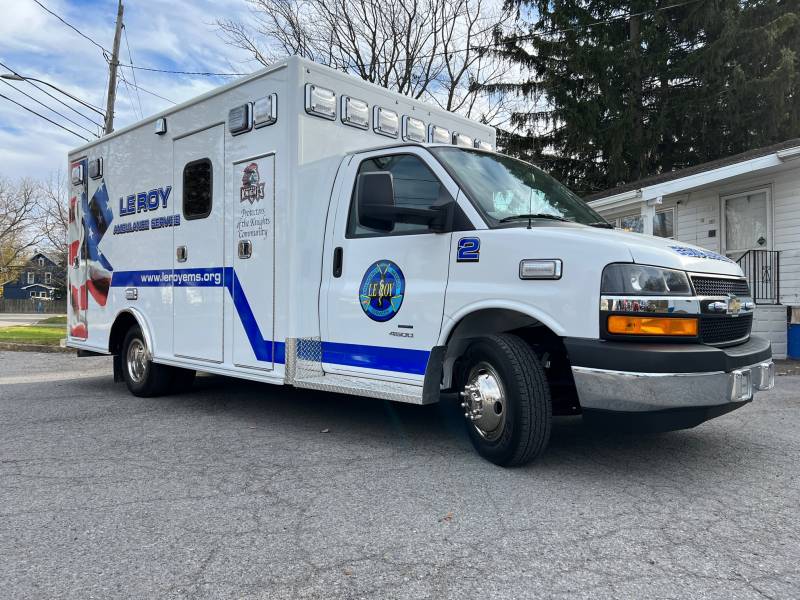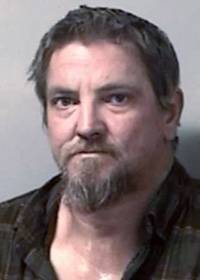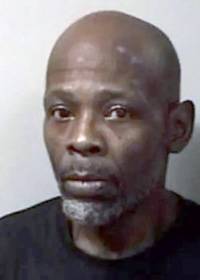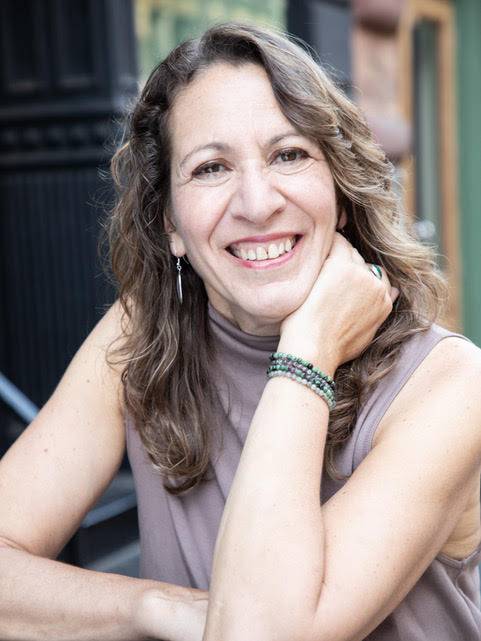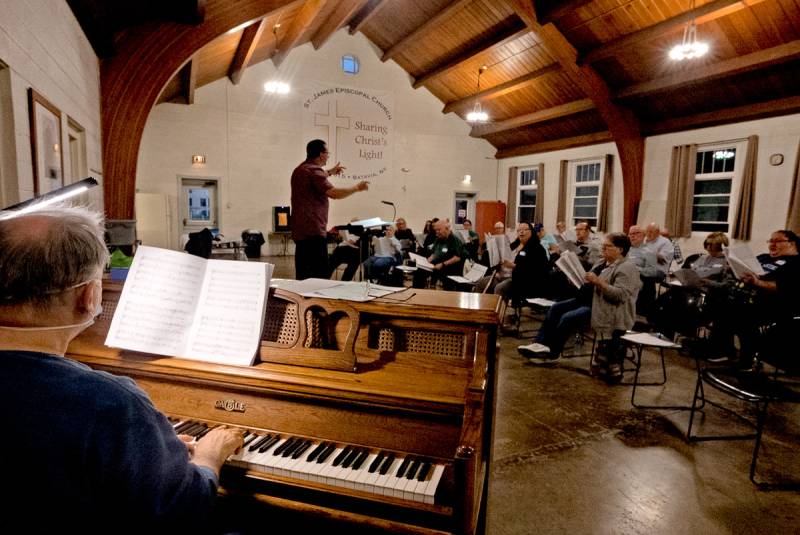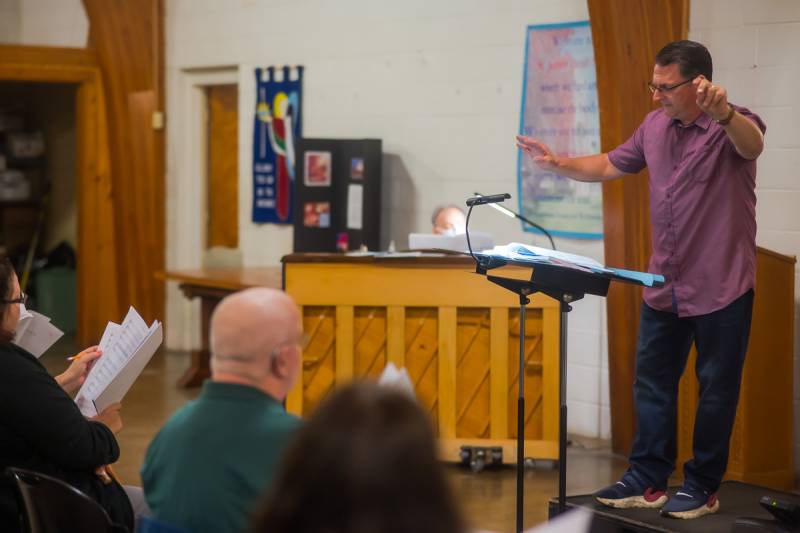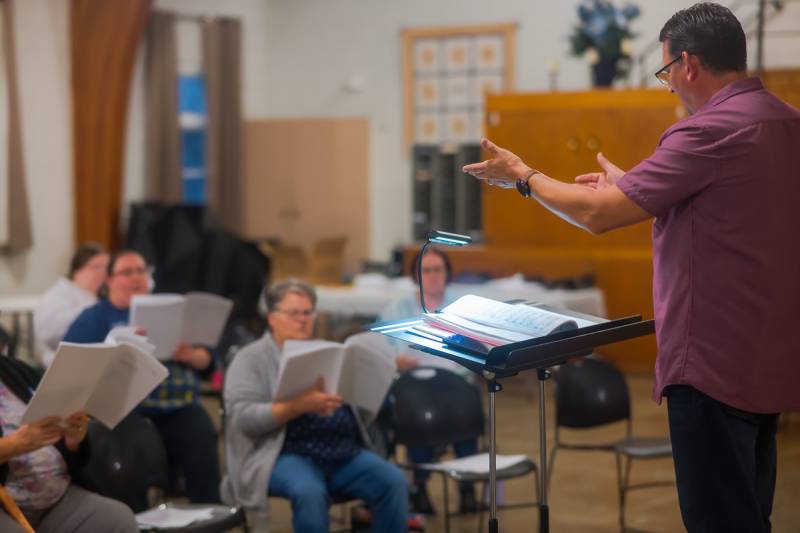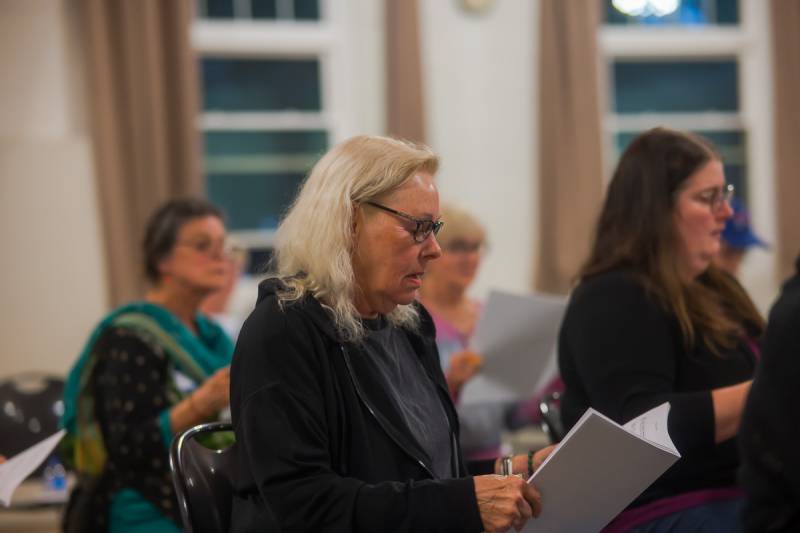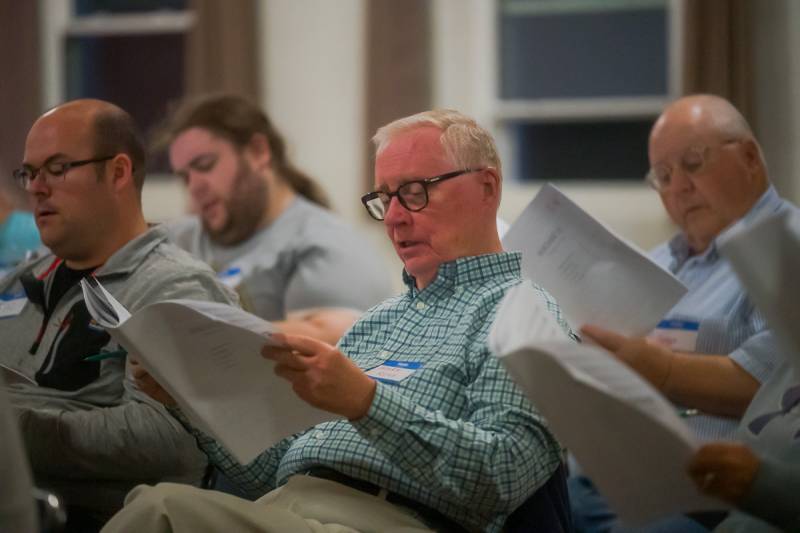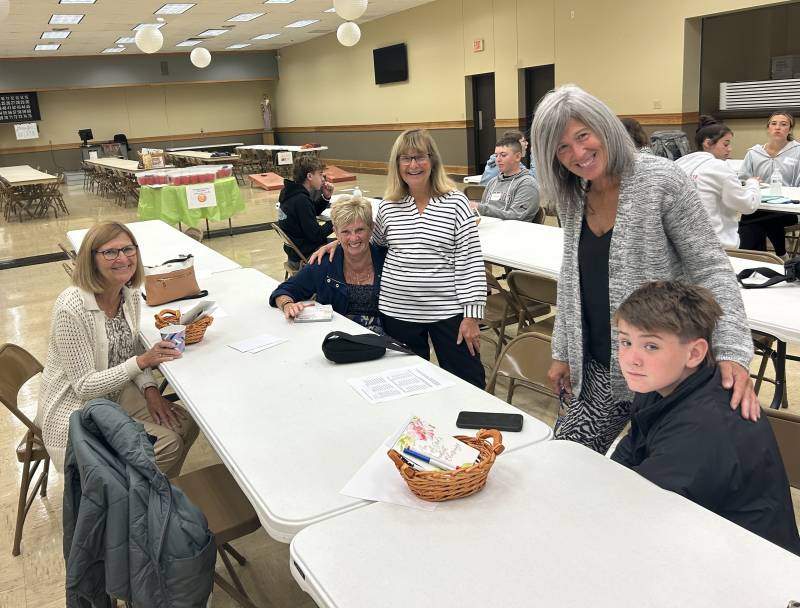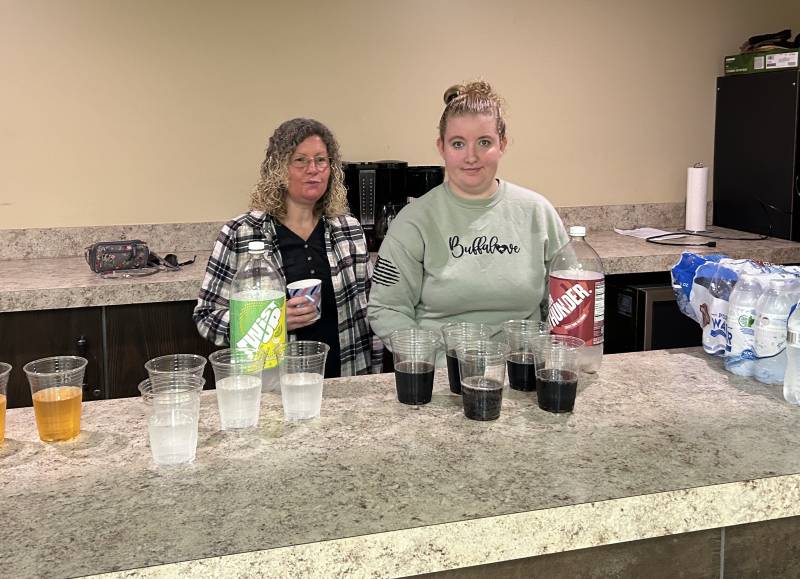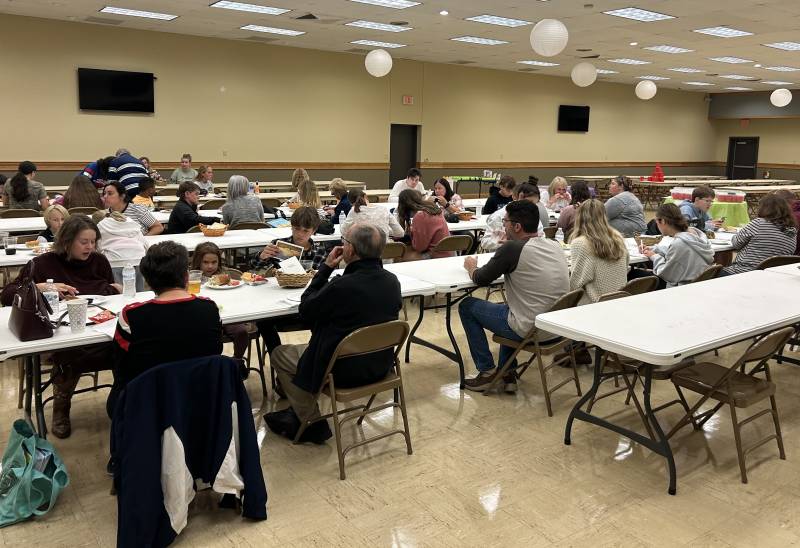Business owner wants clients to know that 'Our Space is your space'

Photo by Howard Owens
Once Michele Westfall-Owens was teaching yoga, she was always looking for her own perfect space to carve out a studio and set up shop. When that finally happened, an impromptu conversation helped to put the perfect name on it, she said.
“I feel like atmosphere is important,” Westfall-Owens said during an interview with The Batavian. “This opportunity happened, and I was talking to a yoga friend, and she’s a good friend and a student, and she said ‘you finally have your own space,’ and I said, yes, but it’s not my space, it’s our space. And that is how the name happened. It’s something I want to share; it’s not mine. So that was kind of a cool way to come up with the name, it just kind of happened like that.”
Our Space Yoga & Wellness is an inclusive yoga studio at 58 Main St., Le Roy, that offers a variety of weekly yoga classes for all levels and ages, from beginner to advanced.
Westfall-Owens retired in September 2020 after 30 years in public service. She began practicing yoga and then took teacher training, which some people do to learn more about the practice. For Westfall-Owens, her passion prompted her to do more with that additional knowledge than keep it to herself.
“I actually started practicing yoga probably five years prior to taking my training. And I just fell in love with the practice. It was me; it just suited me. And the more I looked into it, the more I kind of knew that's what I wanted to do,” she said. “I wasn't sure I wanted to teach. But then the opportunities kind of came along. When I took the training, I wasn't sure if I was actually going to end up teaching or if I was just, you know, because some people take the yoga teacher training just to learn more about yoga. And then, once I completed my training and retired, I did find that I really enjoyed teaching.”
She became a working teacher and expanded her offerings to include chair yoga, vinyasa and hatha yoga, kids' yoga, and restorative yoga.
She had her own transformational experiences with the age-old exercise (it has been traced to Northern India 5,000 years ago), having been one to sit at a desk for three decades with her job as chief clerk of Genesee County Surrogate’s Court.
After all of that sitting, there was definite stress that radiated throughout her body with discomfort, she said. And she wasn't into the more traditional methods of exercise.
“I don’t enjoy going to a gym and working out, so I was looking for an alternative to getting my body moving in a healthy way,” she said. “We go through life and we have our aches and pains, and having a desk job for 30 years, just being in that sedentary position, sitting at a desk, I did have the aches and pains, backaches, the shoulder aches, neck pains, and all the stress. And so what one major thing that yoga did for me was I physically feel better right now, I turned 60 this year. I physically feel better now than I did in my 20s and 30s. True story, because I move and I stretch.”
She has also noted a marked difference when there’s been a lapse in doing her yoga moves, she said: the pain and stiffness return.
Our Space has one main room that accommodates a class of about 12 people, a meditation room and a bathroom. In addition to her, there are four other teachers: Tracy Martorana, Tammy Reding, Carin Caruso, and Ken Plossl, plus Reiki practitioners Tracy Flansburg and Danielle Maloy.
In order to be a certified yoga teacher, she had to obtain 200 hours of yoga teacher training, and is a member of Yoga Alliance, she said.
She also offers special offerings throughout the year, and in the fall, a four-week Yoga for Back Pain series, a Herbal Tea-Blending workshop and a monthly Journaling Club will be offered.
"Whether you enjoy a calming restorative or yin session, an invigorating vinyasa practice, or something in between, there’s a class for you,” she said. “Our Space Yoga teachers are certified and trained according to Yoga Alliance standards. Our caring teachers approach each class as an opportunity to offer an enjoyable, safe and meaningful yoga experience.”
She invites visitors to “come as you are” and remember that Our Space is your space.
Vinyasa yoga connects breath with movement and builds heat with sun salutations, flowing sequences and balancing poses, then cools down for a final resting pose.
Gentle Vinyasa is a slower-paced practice that she says is perfect for all levels. This class builds strength, flexibility and focus.
Slow Flow moves smoothly through transitions and keeps longer holds in postures, emphasizing awareness of body, mind and breath.
Yin yoga is a slow-paced, passive style of yoga that involves holding poses for an extended time to access deep connective tissues.
Chair yoga is a gentle practice that includes modified postures while seated or using a chair for support. It improves strength, flexibility and balance without overstressing the joints.
Kids' yoga for grades one through four includes games, stories, and activities to build confidence and strength and practice ways to feel happier and more peaceful inside.
Yoga for Beginners & Beyond moves through basic yoga postures while allowing time for demonstration, inquiry and playful practice.
Restorative yoga uses props to fully support the body in poses for an extended time. It also includes calming meditation, soothing music, aromatherapy and gentle touch to help heal the body and mind.
What is Reiki? Introduces folks to the gentle, non-intrusive technique that uses energy to encourage healing of the body, mind and spirit. A reiki practitioner uses hand positions over the body to move and clear energy that may be “stuck” or out of balance.
How Do I Meditate? Meditation trains your awareness to tune out the noise and allows you to tune in to your own being. A regular meditation practice lowers stress, calms anxiety and builds self-acceptance.
For more offerings and information, go HERE
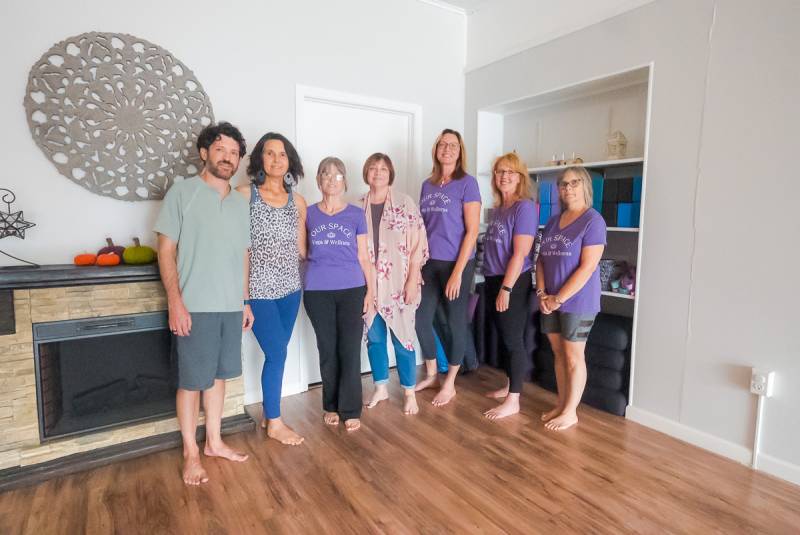
Photo by Howard Owens







